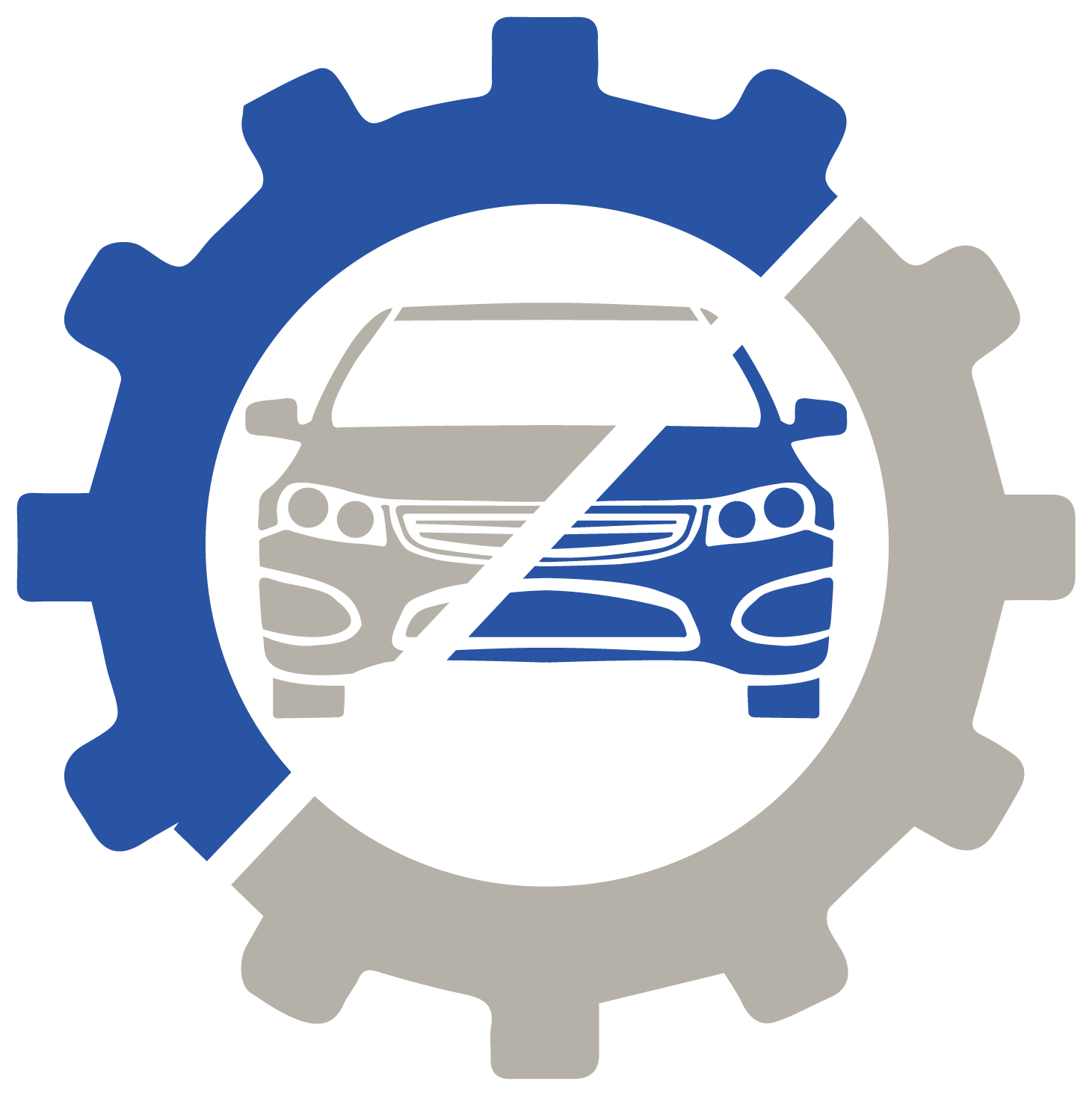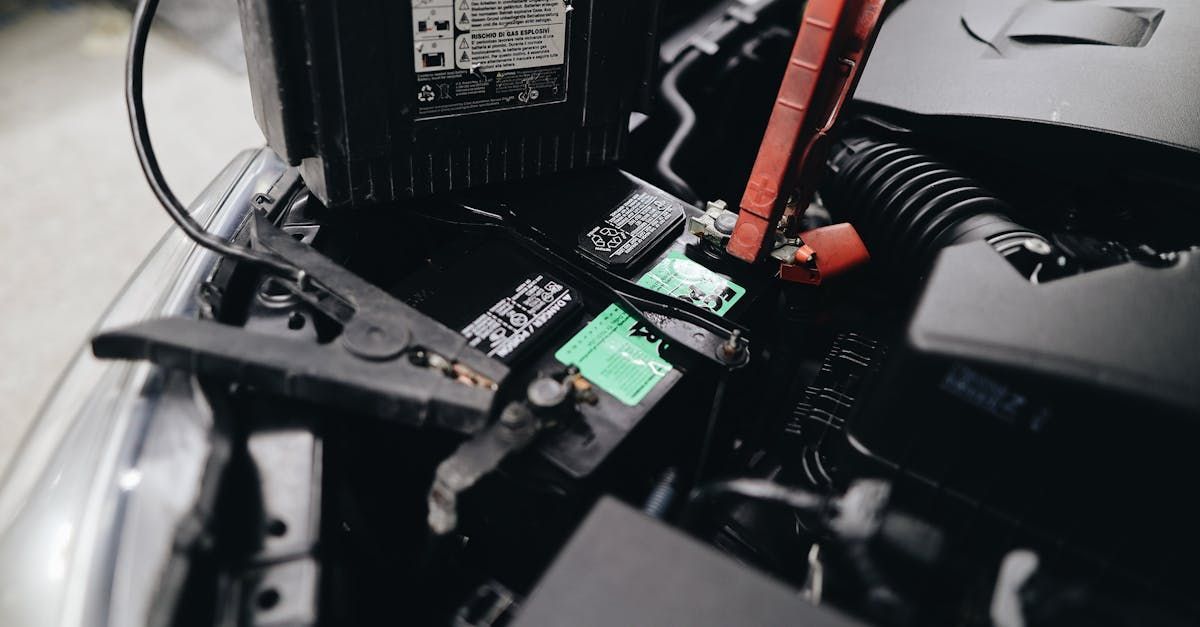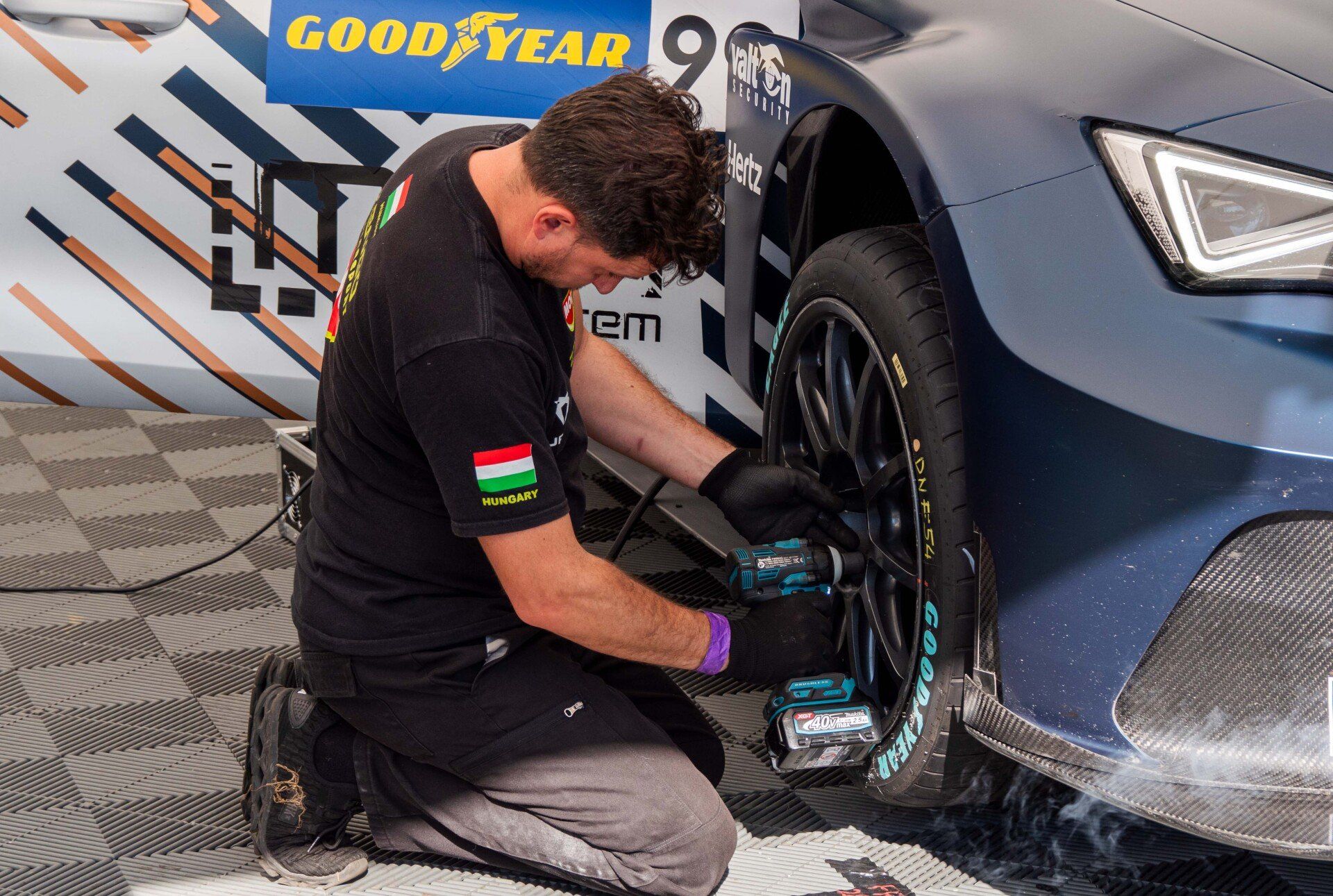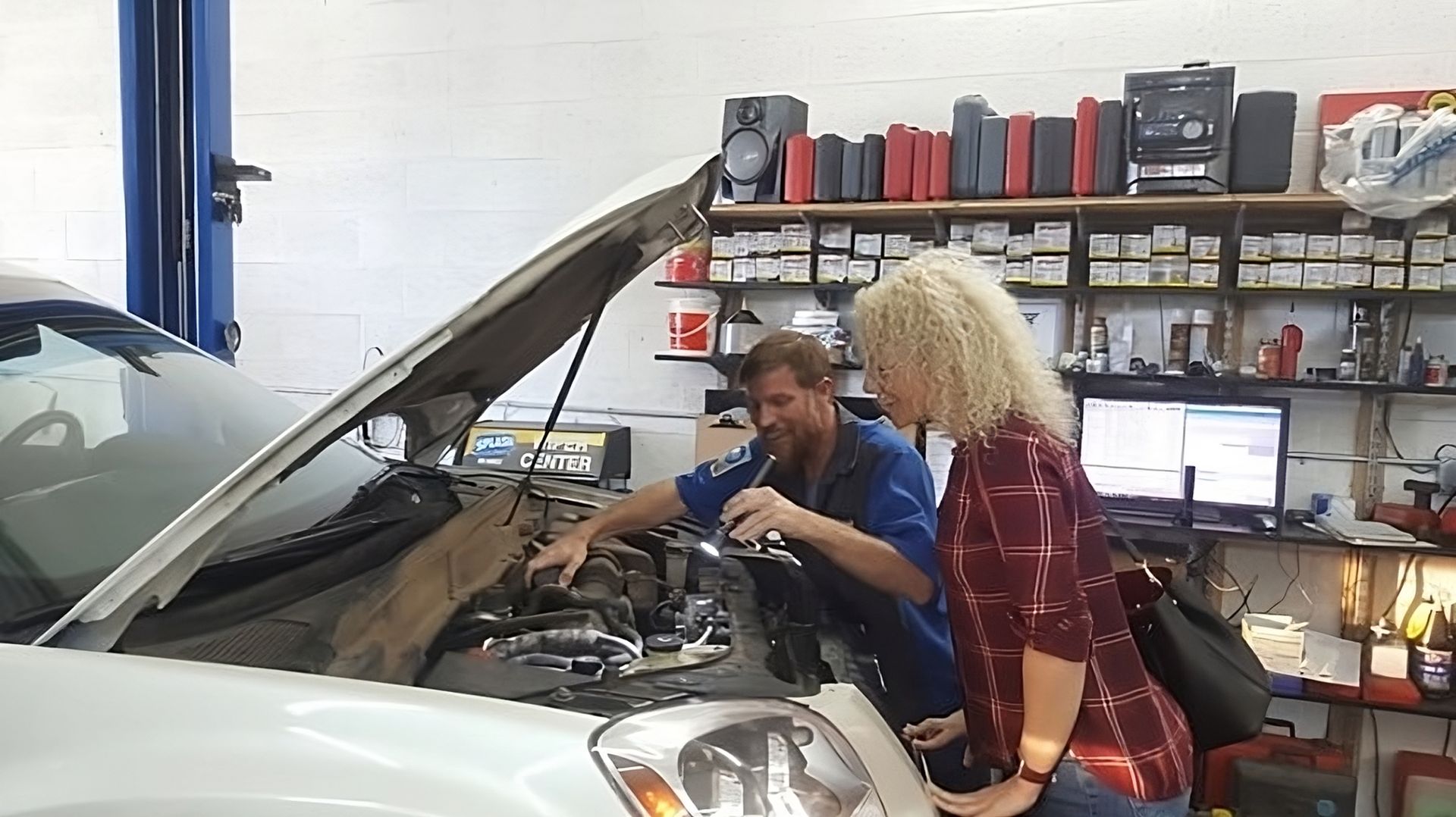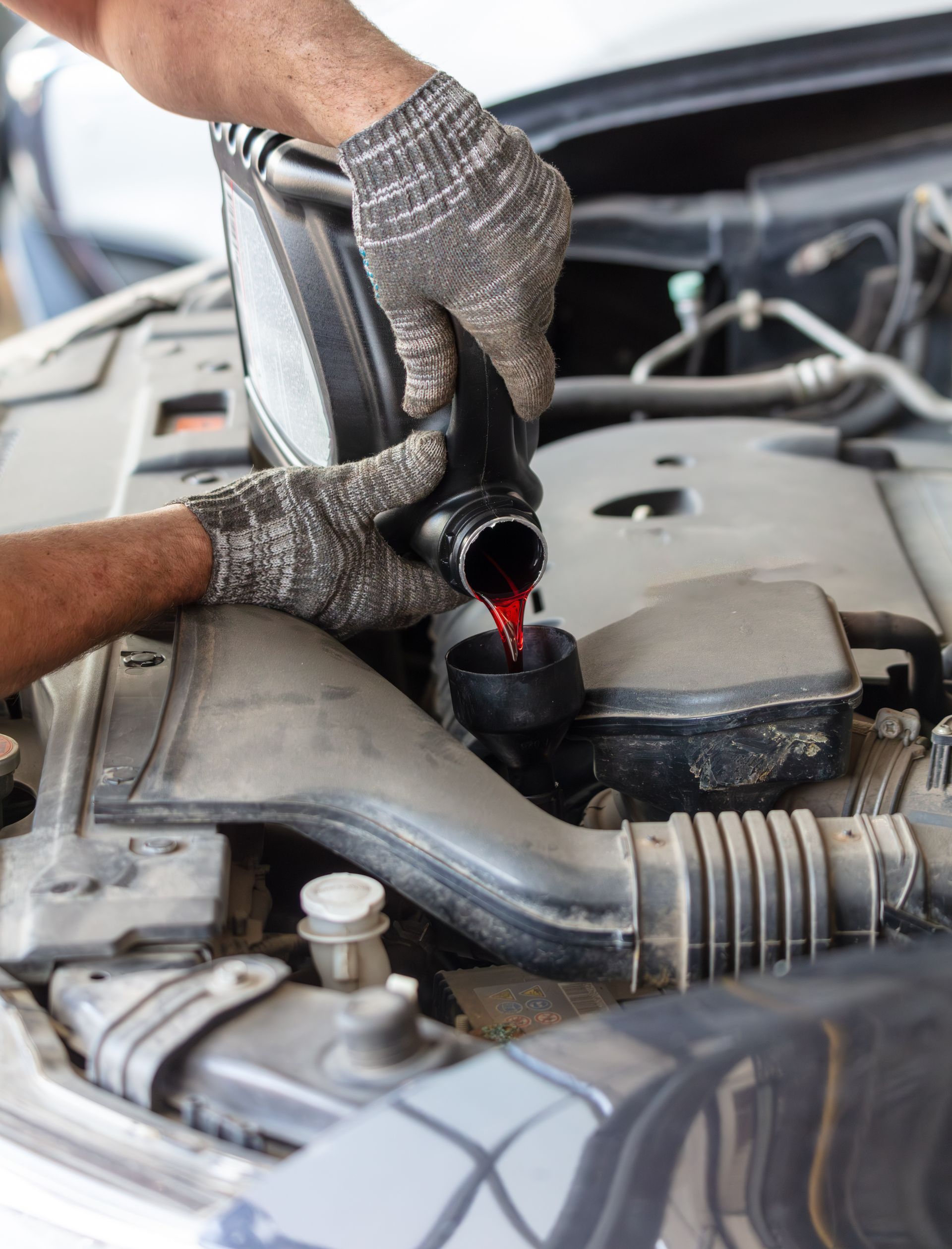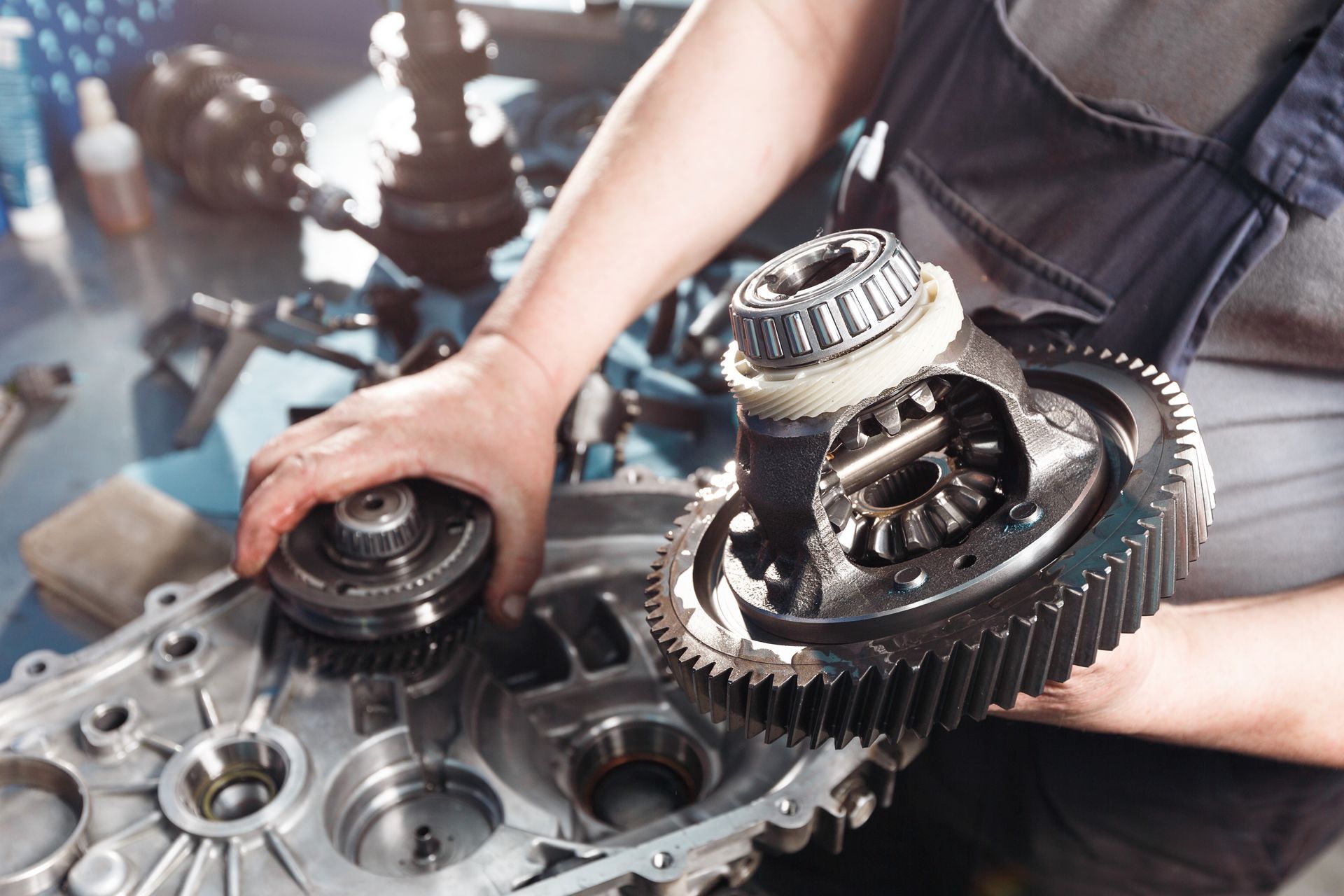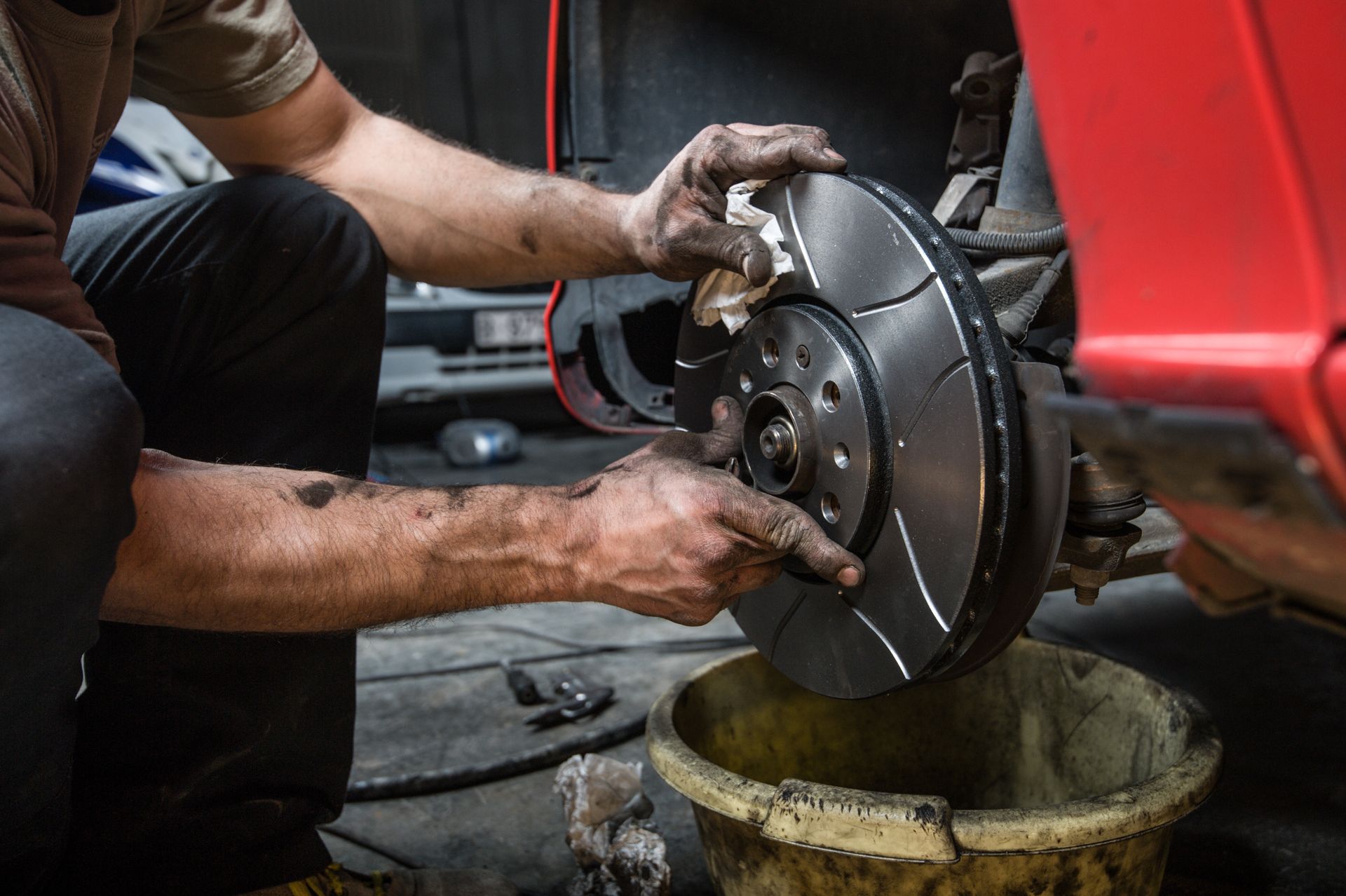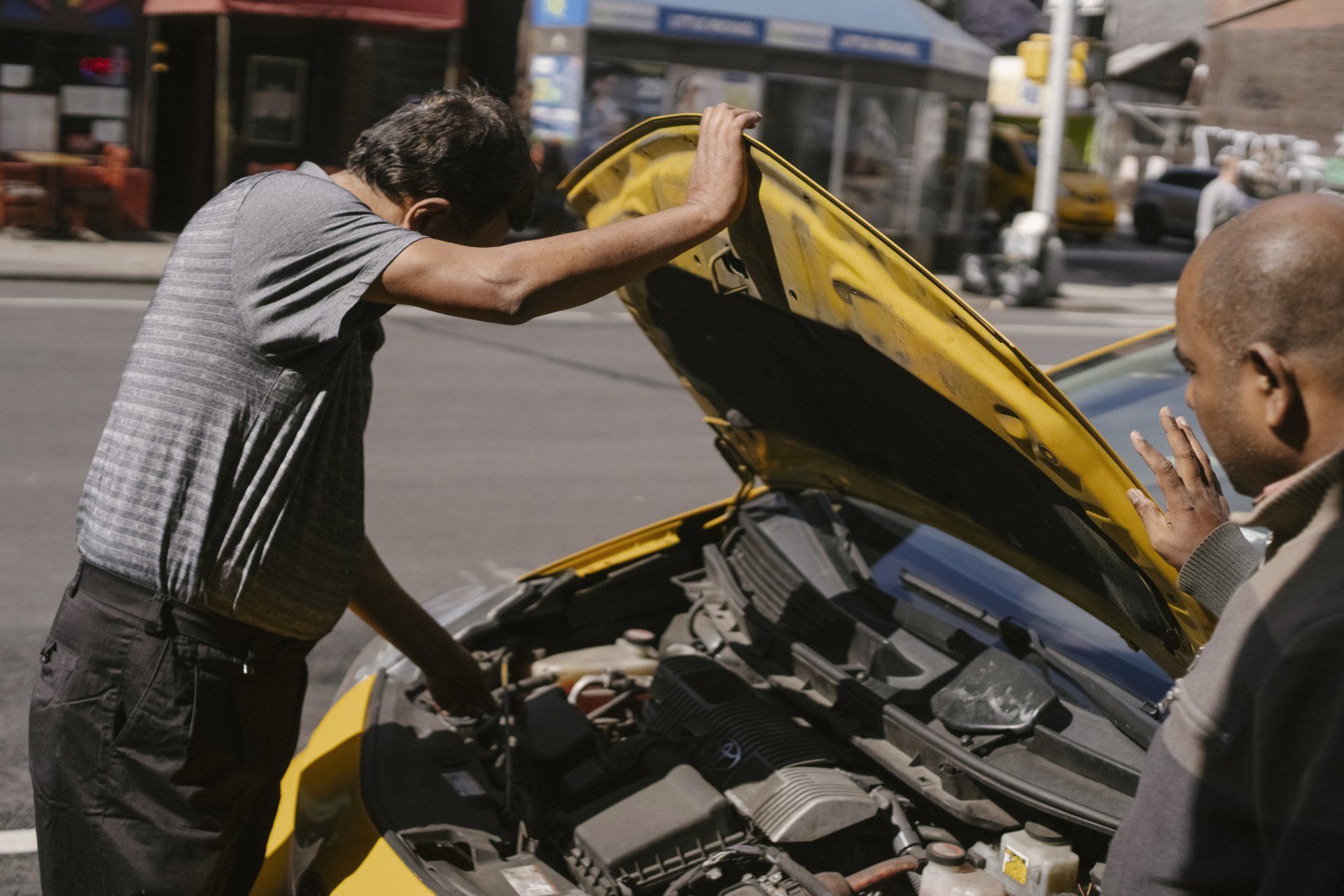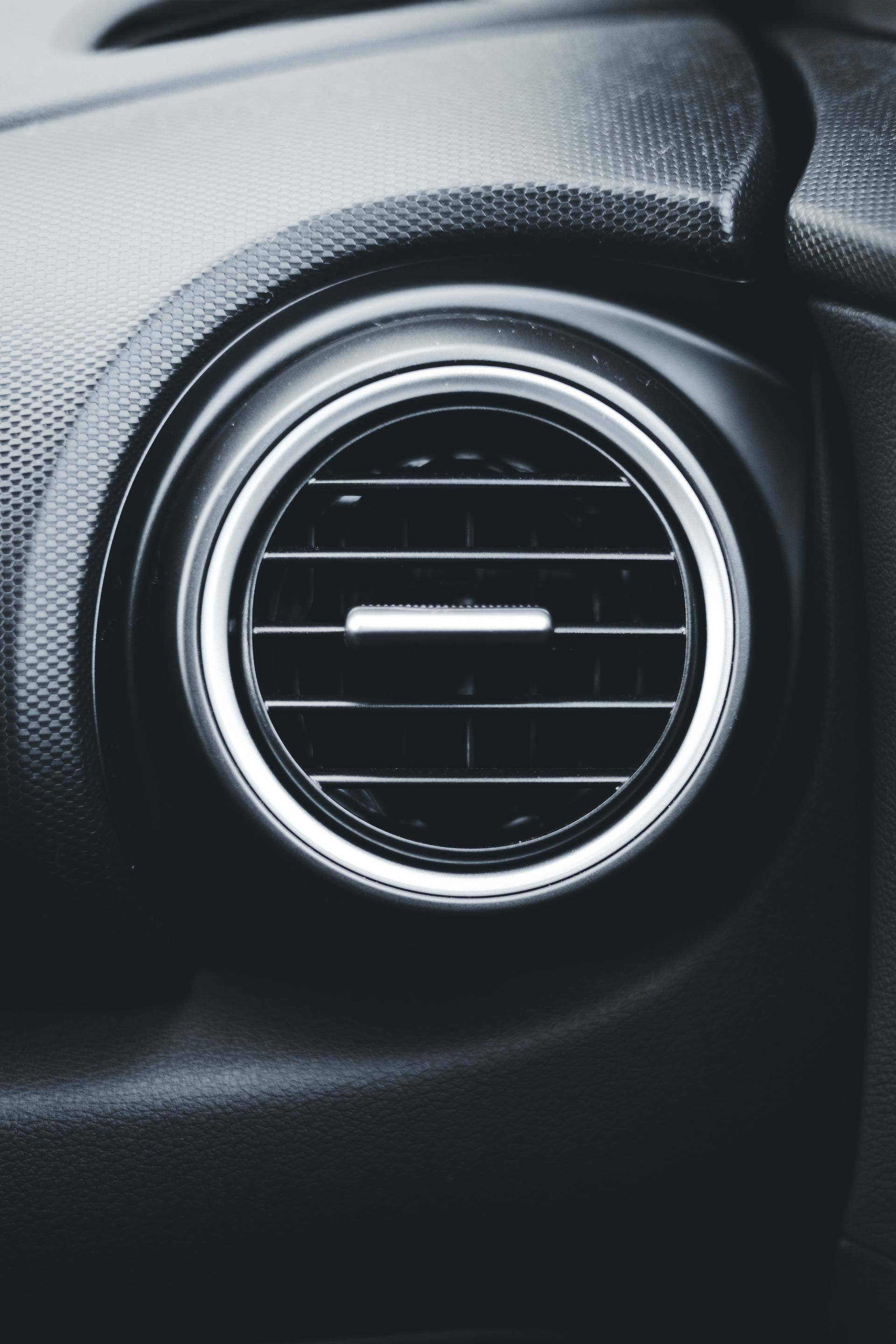Understanding Check Engine Lights: When to Worry and When Not To
Welcome to Meet Your Mechanic, your trusted auto shop in Tempe, AZ. We understand that dreaded moment when your car's dashboard lights up like a Christmas tree, and the "Check Engine" light appears. It's a sight that can fill anyone with anxiety. However, before you panic and rush to the nearest auto repair shop, it's essential to understand what the check engine light is trying to tell you.
In this comprehensive guide, we'll delve into the world of check engine lights, demystify their meanings, and empower you with knowledge on when to worry and when not to. Whether you're a seasoned driver or just got your license, this information will help you make informed decisions about your vehicle's health.
Tempe, AZ residents, trust us at Meet Your Mechanic to provide you with reliable advice and service when it comes to your vehicle's maintenance and repair needs.
Understanding the Check Engine Light
The "Check Engine" light, often symbolized by an engine-shaped icon or the words "Check Engine" itself, is a part of your car's onboard diagnostics system (OBD). When this light illuminates, it means that the OBD system has detected an issue in your vehicle's engine, transmission, or other crucial components.
It's crucial to note that the check engine light doesn't provide specific details about the problem. Instead, it acts as a warning signal, prompting you to take action before a minor issue becomes a major problem. Here's what you need to know:
- Don't Panic: When the check engine light comes on, stay calm. It's not necessarily a sign of an imminent breakdown. In many cases, it can indicate minor issues that are easily fixable.
- Check for Other Warning Signs: Pay attention to any accompanying symptoms your vehicle may be exhibiting, such as unusual noises, rough idling, or decreased performance. These can provide clues about the problem.
- Check Your Gas Cap: Surprisingly, a loose or damaged gas cap can trigger the check engine light. Before rushing to a mechanic, make sure your gas cap is securely fastened.
- Seek Professional Help: If the light persists or you experience severe drivability issues, it's time to consult a professional mechanic. At Meet Your Mechanic, we have a team of experienced technicians ready to assist you.
Common Causes of the Check Engine Light
Now that you know when to stay calm, let's explore some common reasons why the check engine light might illuminate:
- Oxygen Sensor Malfunction: The oxygen sensor monitors the exhaust gases and helps adjust the air-fuel mixture. A malfunctioning sensor can lead to decreased fuel efficiency and increased emissions.
- Catalytic Converter Issues: A failing catalytic converter can trigger the check engine light. This component helps reduce harmful emissions from your vehicle.
- Mass Airflow Sensor Problems: The mass airflow sensor measures the air entering the engine, ensuring the right air-fuel mixture. A faulty sensor can lead to poor performance and reduced fuel economy.
- Spark Plug and Ignition Coil Troubles: Worn-out spark plugs or faulty ignition coils can cause misfires, leading to poor engine performance.
- Exhaust Gas Recirculation (EGR) Valve Issues: The EGR valve recirculates exhaust gases to reduce emissions. A malfunctioning EGR valve can cause poor engine performance and increased emissions.
When to Worry and When Not To
Now that you have an idea of what might trigger the check engine light let's discuss when you should be concerned:
- Continuous Flashing: If the check engine light is flashing, it indicates a severe issue that requires immediate attention. Continuing to drive with a flashing light can cause further damage.
- Steady Light: If the light remains steady, it's generally safe to drive to a nearby auto shop for a diagnostic check. However, don't delay too long, as ignoring the issue can lead to more significant problems.
- Minor Issues: Sometimes, the check engine light can come on for minor reasons, such as a loose gas cap or a temporary sensor glitch. In such cases, the light may turn off on its own after a few driving cycles.
- Regular Maintenance: Regular vehicle maintenance, including oil changes and tune-ups, can prevent many issues that trigger the check engine light. Make sure to follow your vehicle's maintenance schedule.
In conclusion, the check engine light is your vehicle's way of communicating with you. While it can be alarming, it's not always cause for panic. By understanding the potential causes and knowing when to worry and when not to, you can make informed decisions about your vehicle's health.
At Meet Your Mechanic in Tempe, AZ, we're here to help you with all your auto repair and maintenance needs. Trust us to diagnose and resolve any issues indicated by your check engine light, ensuring your vehicle runs smoothly and safely. Don't hesitate to contact us for expert assistance. Your peace of mind is our priority.
Remember, a well-maintained vehicle is a reliable one, so stay proactive and stay safe on the road.


